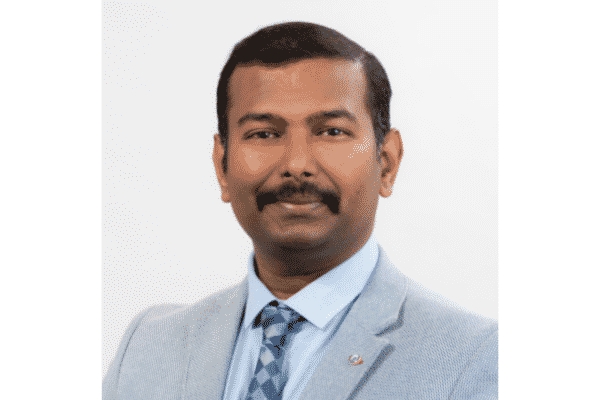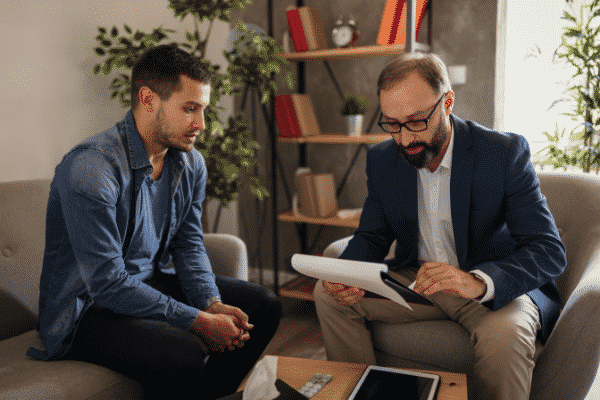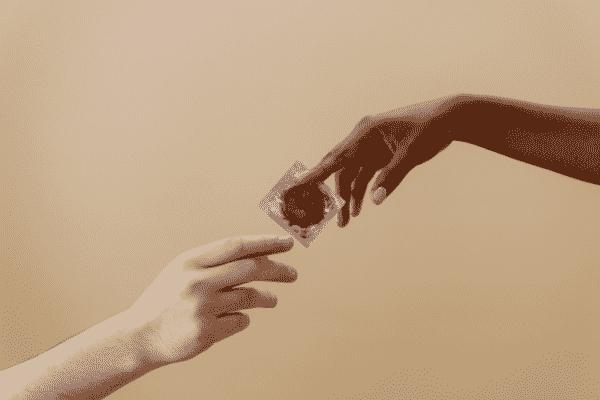Lecturer in Sexology at the University of Sydney, Dr Vijay Ramanathan is actively working to improve sexual health literacy within the Indian community and dispel any shame and stigma attached to talking about sex.
As an educator as well as an accredited psychosexual therapist with 14 years’ experience, Dr Ramanathan has encountered patients from different backgrounds struggling to open up about their sexual health.
“I want our community to be aware that whatever they’re going through, they are not the only ones to have these issues. That’s the most important aspect when it comes to sexual health literacy and promotion,” Dr Ramanathan told Indian Link. “I have come across plenty of patients, not just Indians, who tend to believe whatever they’re experiencing is not normal, making it extremely important to normalize talking about sexual health.”

Dr Ramanathan recalled when he first travelled to Australia from Chennai in 2005, a new migrant and young doctor wanting to pursue a master’s degree in HIV studies.
“When I came here, to be very honest, I didn’t know that sexual medicine was even a thing,” the expert revealed. “It was different in India. In fact, the Medical Council of India hasn’t even recognised Sexual Medicine as a specialty. The only courses available have to do with STIs, and nothing to do with sexuality, sexual behaviour or trauma. This produces qualified psychosexual therapists that are not well-trained.”
The University of Sydney postgraduate program of Sexual and Reproductive Health has been running for the last three decades and it’s the one of the very few reputed sexual health programs available across the globe.
“It was my ‘Aha’ moment; to have heard sexual health be discussed as a science in a university program,” Dr Ramanathan said.
In Australia, there have been multiple accounts of disrespectful sexual acts perpetrated by members of the South Asian migrant community. In 2015, a case was dismissed where a man stalked his female colleagues and blamed it on Bollywood, his lawyer called it ‘normal behaviour for Indian men’. More recently, another man was charged for committing vile sexual acts on festival-goers; the husband and father of two claimed he had anxiety around women in Melbourne since he didn’t have much contact with them in Pakistan.
In these cases, Dr Ramanathan observed, the men continue to show the regressive attitudes towards women that were common in their culture of origin growing up.
“Bollywood is notorious for portraying that living in foreign countries is linked to wearing ‘revealing’ clothing and a greater willingness or openness to have sex. This is not only sexist, it is also simply untrue. One must also be mature enough to tell the difference between movies and real life,” he added.
READ ALSO: Inside out: Men’s health month

In the end, sexual health literacy is an essential tool for leading a healthy life no matter where you live.
Dr Ramanathan says the best way to make it easily accessible is:
- To dispel information in a way that a layperson would understand
- Including a clear call to action in any promotional videos or sources of information, and tell people how they could use this information in their decision-making
- To encourage people to go talk to health professionals about sexual health
“I tell patients that on the other side is a health professional who is not here to judge them but clearly there to help them. When somebody listens to you with empathy, that’s therapeutic in itself,” he said.
Fill this University of Wollongong survey to help health experts help you – Sexual Quality of Life: How do CALD patients with chronic condition want information?
Readers can also watch Dr Ramanathan’s videos on the ABCs of safe sex here – series 1 and series 2.
READ ALSO: Sexual assault: what can you do if you don’t want to make a formal report to police?
Link up with us!
Indian Link News website: Save our website as a bookmark
Indian Link E-Newsletter: Subscribe to our weekly e-newsletter
Indian Link Newspaper: Click here to read our e-paper
Indian Link app: Download our app from Apple’s App Store or Google Play and subscribe to the alerts
Facebook: facebook.com/IndianLinkAustralia
Twitter: @indian_link
Instagram: @indianlink
LinkedIn: linkedin.com/IndianLinkMediaGroup





